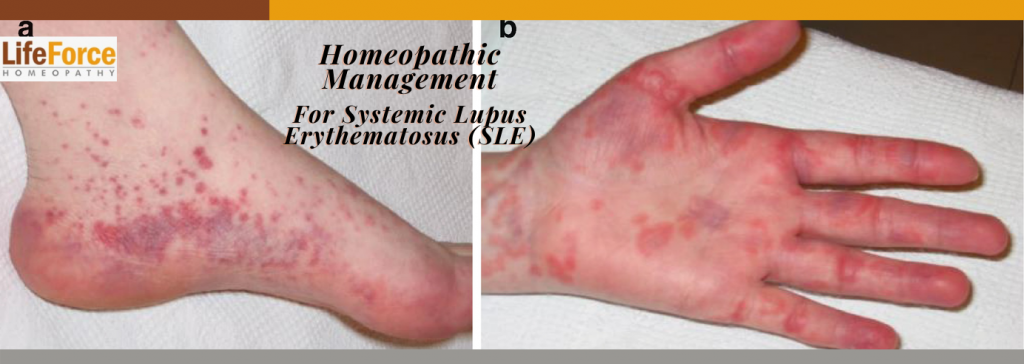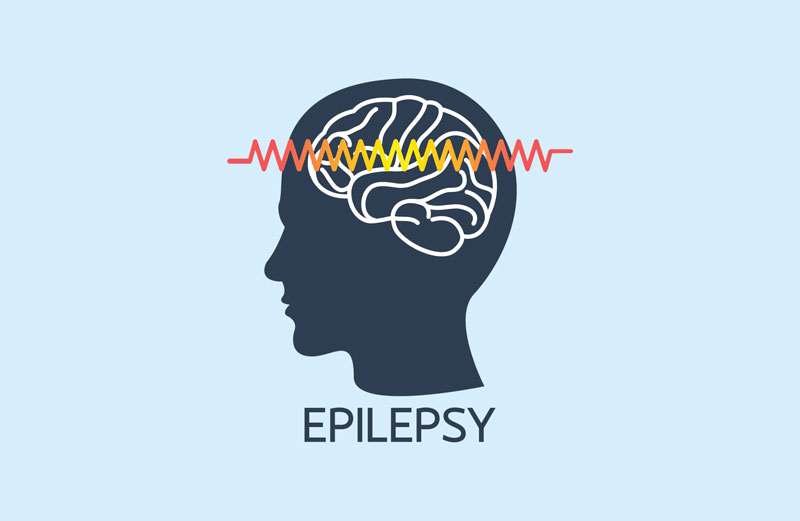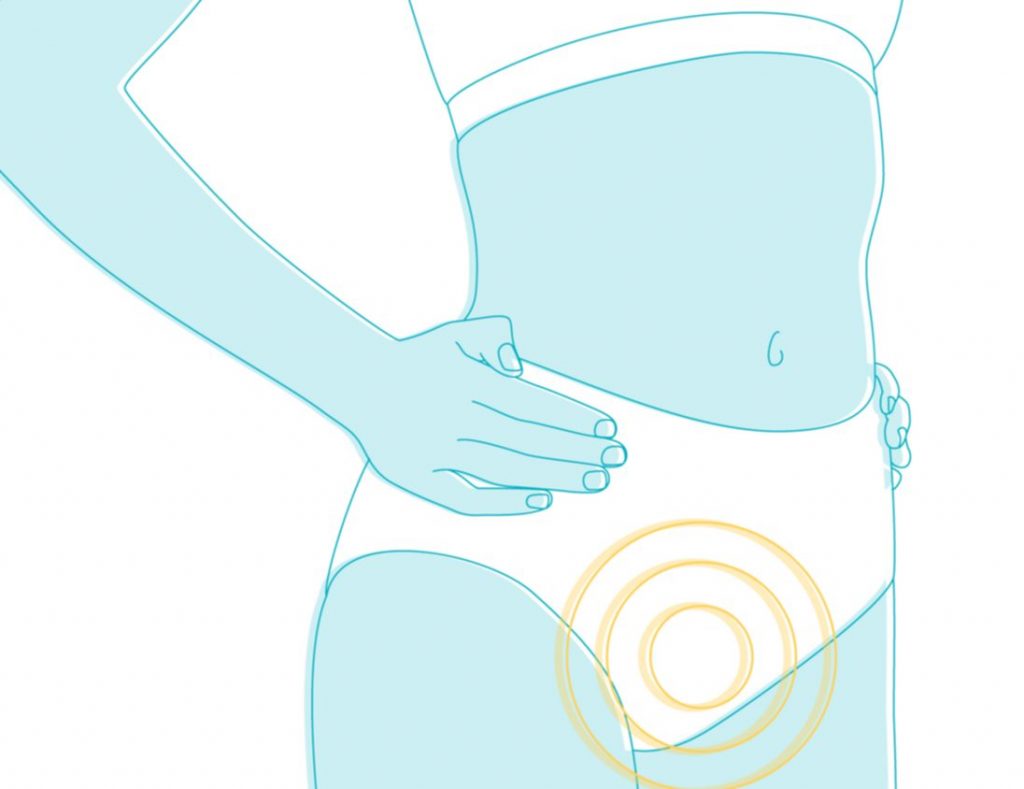
Homeopathic Management For Systemic Lupus Erythematosus (SLE)
Systemic Lupus Erythematosus (SLE) is a chronic health condition that causes inflammation in connective tissues, which offer the necessary flexibility and strength to structures throughout the body. SLE can also be defined as an autoimmune disorder that occurs when the immune system of the body attacks its very own tissues and organs. SLE can affect not one but many organs, such as kidneys, skin, joints, lungs, central nervous system, and hematopoietic system (blood-forming). Systemic Lupus Erythematosus is found to be more common in women than in men. The severity of the disease may vary from mild to life-threatening. The disease is also widely known by the name ‘lupus’, even though it is only one of the various forms of Lupus. The other common forms of Lupus are: Cutaneous Lupus Erythematosus: A form of lupus confined to the skin alone is called cutaneous lupus erythematosus. Drug-induced Lupus Erythematosus: It results due to continuous medication for some other disease, such as Tuberculosis, High blood pressure, hypertension, etc. This type of lupus rarely affects any major organs. Neonatal Lupus: It affects the infants of women who have lupus and results due to the antibodies from the mother that affect the infant while in the womb. This is not a common form of lupus. Causes of Systemic Lupus Erythematosus (SLE): SLE, as we stated earlier, is a form of autoimmune disorder, however, the exact cause of the onset of lupus is unknown. A few of the most common factors identified from the patients’ pool who have been identified with SLE are genetic traits, environmental factors, and change in the hormonal activity (specific to women). Detailed study and analysis of the various factors resulting in lupus kind of condition are still underway within the medical fraternity. Symptoms of Systemic Lupus Erythematosus (SLE): Lupus, as we have seen, can affect a lot of the organs, such as joints, lungs, skin, kidney, etc., Hence, the symptoms may also differ accordingly. Sometimes, lupus symptoms may come and get subsided over a period. The most common symptoms include: Fatigue or kind of extreme weakness Joint Pain Skin rashes Let us see in detail how it affects various body organs (i) Joints: Joints of the hands and feet can get severe pain in the lupus stage. The swelling of joints is also possible in the worst condition. The inability to move the hands and feet freely is also one more after effect of lupus....

Hyperhidrosis (Excessive Sweating): Causes, Symptoms, And Homeopathy Treatment
Sweating or sweat formation is a natural process of our body wherein the body cools down itself naturally....

Need a solution for vaginal discharge? Choose homeopathy treatment.
Are you a woman suffering from vaginal discharge and tired of taking allopathic medicines!! We bring the solution...

Home Remedies To Treat Dysmenorrhea
Women can come across varying physical experiences during their menstrual cycle. For some females, it may be normal...

Migraine – Causes, Symptoms, Stages, And Treatment
A Migraine is usually identified as a moderate or severe headache accompanied by the pain, which is normally...

All You Wanted To Know About Homeopathic Management For Epilepsy
Epilepsy is a non-communicable disease of the brain which is normally characterized by recurrent seizures. Seizures occur as...

Nephrotic Syndrome – Diet Recommendations and Restrictions
Nephrotic Syndrome is a urological condition wherein the normal intended filtering activity of the kidneys doesn’t take place....

7 Best Homeopathic Remedies For Alopecia Areata
Alopecia Areata (AA) is an autoimmune disorder that results in rapid hair loss in a well-defined area, usually from...

8 Effective Diet Tips To Manage Ankylosing Spondylitis
Ankylosing Spondylitis (AS) is a form of spondyloarthritis which primarily affects the spine. Ankylosing Spondylitis causes the inflammation...

All About Managing Vaginal Yeast Infection Naturally
Yeast is a type of fungus normally found on the skin, digestive system, mouth, female vagina, skin folds,...

